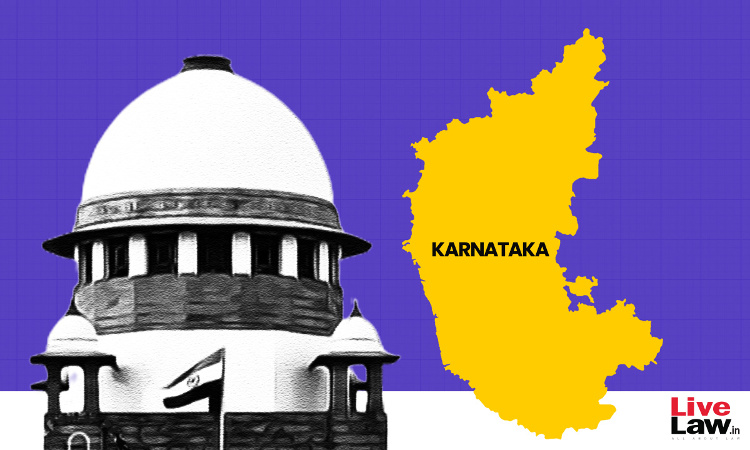In the PIL regarding iron ore mining in certain districts of Karnataka, Senior Advocate Shyam Diwan, Amicus Curiae, on Wednesday told the Supreme Court that the Amicus was appointed in view of the "serious environmental dimensions" to the matter which are no longer involved as such, and that moving forward, it is the common consensus that the collection of 10% of the sale value from all...

